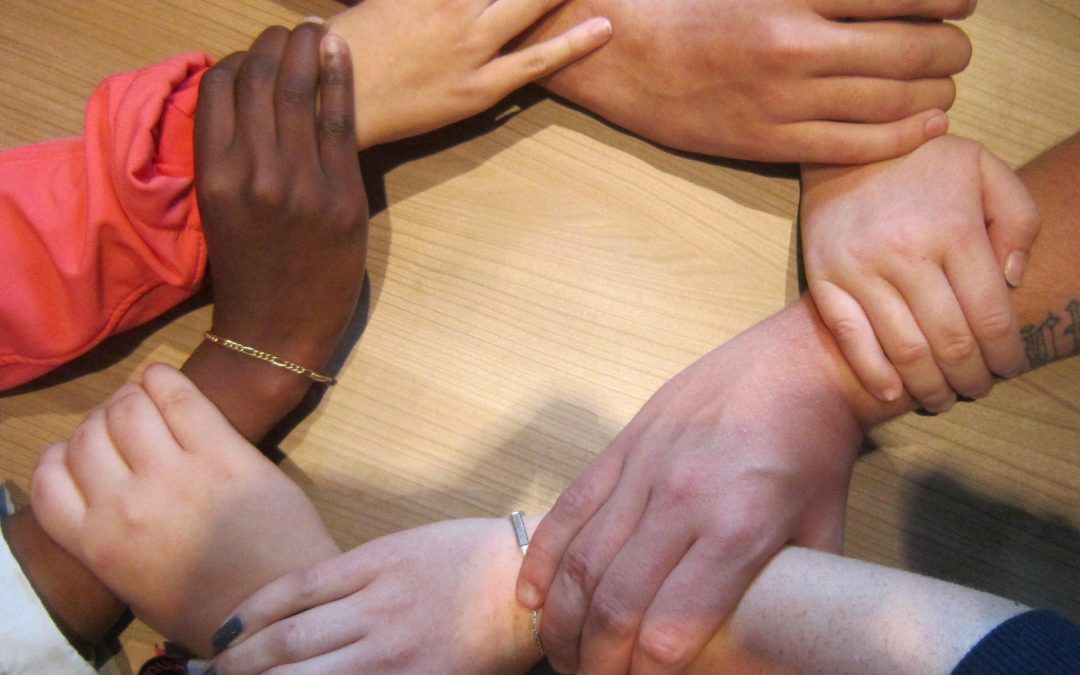Our brain is wired for belonging, and we crave it like food and water. Research shows we are strongly motivated to remain connected and in good standing with our social group. But what happens when we are forced apart and aren’t physically able to interact?
The pain of feeling outcast
We’ve likely all lost a best friend, been excluded by the ‘in group’ or not selected to a sports or work team. The pain of that rejection stays with us for a lifetime, becoming embedded in our brain’s long-term memory. How do we help our brain feel less alone, and provide reassurance that we are safe and part of a secure group, and that we belong during this time of prolonged separation?
The smoke alarm in our brain
We can quickly become stressed when we feel alone – even during normal times. This experience activates our brain’s threat and pain circuitry, leaving us distressed and hyper focused on negative events and thoughts. For some, the ‘threat state’ that isolation evokes, is experienced as anger, depression or anxiety. Others may be more prone to panic attacks, addiction or even violence. It’s a bit like having a smoke alarm go off in the house – the continuous ‘noise’ in the background puts us on edge, making it difficult to focus on anything else. In this ‘alarmed’ state, we are more likely to make assumptions that we aren’t liked or likeable, as our perception of self-worth diminishes. Not everyone has effective ways of managing these feelings and we’re seeing an increase in mental health issues and suicides globally as a result.
5 things you can do
Scientific research shows there are simple ways we can feel safe and confirm that we belong – helping us feel connected and be more effective each day:
- Find things in common with the people you interact with. Doing an ‘ice breaker’ at the start of a meeting, or enquiring about others’ interests, family or weekend, helps connect with others in a simple way.
- Promote collaboration rather than only individual working and learning time. Formally request people get creative about ways to work together and share ideas. When we feel isolated, and question whether we belong, we are inclined to withdraw even more, further exacerbating our sense of not belonging.
- Place and space. Where possible, let people choose if and when they come to work in the office. The novelty of working from home has long since worn off for many and has become a key accelerator of depression and isolation, especially for those living alone.
- Permission to connect socially. Our brains need to engage in social exchange time, in order to feel connected with our peer group. Leaders can verbally encourage and give people permission to schedule calls with each other – just to connect and catch up. Many companies are finding creative ways to enjoy weekly ‘happy hour’ calls where costumes, themes, humor and fun topics are the focus, and sole purpose.
- Model and normalize. It can be very powerful and reassuring to hear others share and name how the pandemic is affecting them. People are more likely to speak up and reach out if senior leaders have the courage and humility to name challenges and emotions they are experiencing, and ways they are dealing with them.


Recent Comments